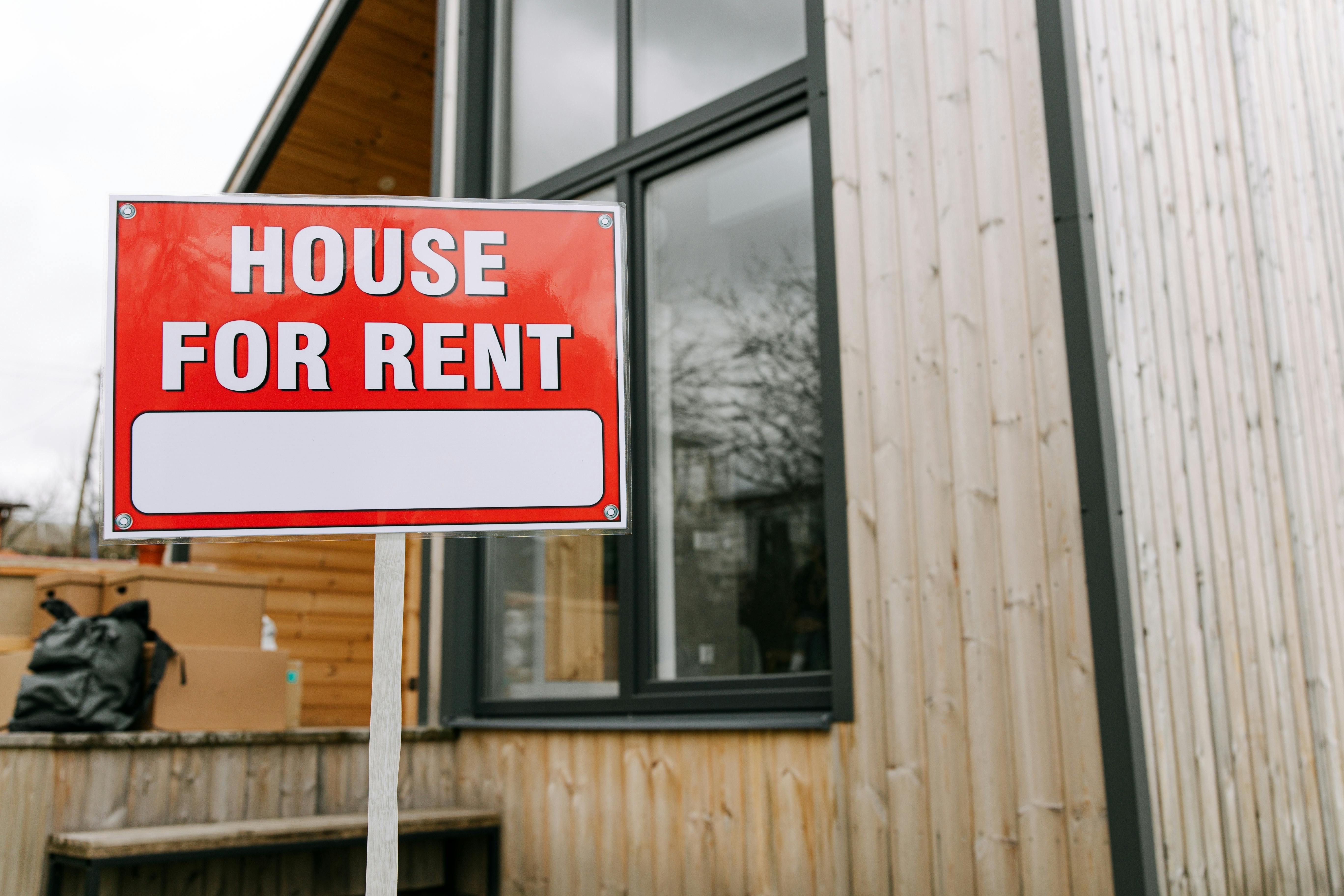Freeport Incident Sparks Urgent Debate on Short-Term Rental Safety and Regulation

A recent discovery of firearms at a short-term rental property in freeport has sent ripples through the community, igniting a critical conversation about the safety protocols and regulatory oversight of platforms like VRBO. This unsettling event has not only highlighted immediate safety concerns but also underscored broader implications for local housing markets, community well-being, and the evolving landscape of the short-term rental industry nationwide.
The Catalyst: Firearms Discovery and Community Reaction
The specifics of the firearm discovery at the Freeport VRBO property have become a focal point for residents and local authorities. Reports indicate the weapons were found under circumstances that raised immediate safety alarms, prompting law enforcement to secure the scene and launch an investigation. This incident has brought to the forefront crucial questions regarding the responsibilities of both property owners and rental platforms in ensuring guest and community safety.. Find out more about Guns.
In the aftermath, a groundswell of public opinion has emerged, with many residents expressing unease and demanding stricter regulations for short-term rentals. Concerns span from public safety and potential criminal activity to the impact on neighborhood character and the availability of long-term housing. This community outcry signifies a growing desire for greater accountability and transparency within the short-term rental sector.
Broader Implications: Beyond Local Safety Concerns. Find out more about explore Freeport Vrbo.
The proliferation of short-term rental platforms has transformed travel, but it has also introduced complex challenges for local governments. Issues such as zoning disputes, noise complaints, increased traffic, and nuisance behavior are becoming increasingly prevalent. The Freeport incident serves as a stark reminder of the potential downsides when these operations are not adequately managed or regulated.
This event has also prompted a closer examination of the role and responsibilities of online rental platforms. Critics argue that platforms like VRBO could do more to vet properties and hosts, implement stricter safety standards, and provide more robust mechanisms for addressing community complaints. The debate centers on whether these platforms should bear a higher degree of accountability for activities occurring on their listings, particularly those involving illegal or dangerous items.
Furthermore, the expansion of short-term rentals can significantly impact local housing markets. In many tourist destinations, the conversion of long-term rental units into short-term rentals reduces housing availability for permanent residents, potentially driving up rental costs and exacerbating affordability issues. This economic impact adds another layer to the regulatory debate.
Navigating the Regulatory Landscape and Future Solutions
In response to such incidents, communities are increasingly re-evaluating their regulatory frameworks. Proposals for enhanced short-term rental regulation often include measures like mandatory registration, limits on rental days, stricter host background checks, safety inspections, and local licensing fees. These policy debates aim to balance the economic benefits of tourism with the need to protect community well-being and housing stability.. Find out more about understand inspire.
The Freeport incident has undeniably served as a catalyst for change, amplifying the community’s desire for enhanced oversight. The anticipated policy changes are expected to create a more structured and responsible environment for short-term rentals, ensuring they contribute positively to the community without creating undue burdens or risks.
Ultimately, ensuring safer short-term rental operations requires collaboration among all stakeholders—property owners, rental platforms, local authorities, and community residents. By working together, a shared understanding and effective solutions can be developed to promote a thriving and safe short-term rental market, integrating these rentals into broader community planning for sustainable and equitable outcomes.
